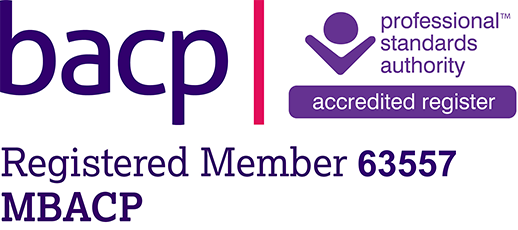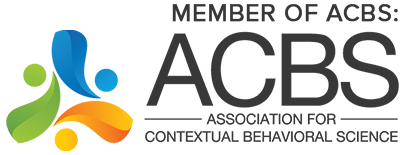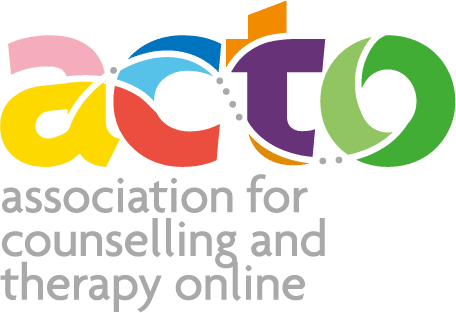Counselling Model & Approach
My work is built upon the foundations of the humanistic model of counselling. This approach gives value and respect to you as an individual and encourages self awareness and personal responsibility. In humanistic counselling the relationship between the counsellor and the client lies at the heart of its effectiveness helping you to create choices and change in line with your values. As human beings we thrive when we feel connected and understood and this allows us to unfold and reach our full potential.
Click here for information on the principles of Humanistic Counselling Core Beliefs.
There are a number of approaches that I use within the Humanistic model of counselling, which approach will depend on what is most effective for you. These include:
Acceptance Commitment Therapy – ACT
I have particular interest and experience of working with Acceptance Commitment Therapy because it has helped me to live a richer and more meaningful life. This is because ACT offers a very effective, evidence based and practical approach to help you move your life in the direction towards your values. For more info on ACT please click here: Acceptance Commitment Therapy – ACT
Internal Family Systems – (IFS)
IFS therapy is an effective way of working with inner conflict and emotional distress by befriending and getting to know the many different parts of yourself. This includes the parts of yourself that you like and also those parts of yourself that you wish that you could get rid of.
IFS is a powerfully transformative, evidence-based model of psychotherapy. The mind is naturally multiple and that is a good thing. Our inner parts contain valuable qualities and IFS helps us to get in touch with our core Self which knows how to heal, allowing us to become integrated and whole. In IFS all parts are welcome (IFS Institute).
Cognitive Behavioural Therapy – CBT
This can be an effective approach to therapy which I also work in if this model of suits you better. It is a little different to ACT and focuses on helping you manage your problems by changing the way you think (cognitive) and behave (behavioural).
Compassion Focused Therapy – CFT
Compassion-Focused Therapy (CFT) is helpful in dealing with self-criticism and low self worth. In CFT clients can learn skills in compassion and self-compassion which can lead to feelings of safety, self-acceptance and comfort.
Mindful Living – Being Present
Mindfulness is a key component of ACT. Often our busy minds can run on a sort of autopilot, mindlessly. By slowing down and being present we learn to turn off the autopilot and make more conscious decisions about what is in our control and that is the actions that we take. We can’t stop our thoughts and empty our minds, but we can be less dominated by them and take actions towards our values.
Neuro Linguistic Programming – NLP
NLP is a method of influencing brain behaviour through the use of language and other types of communication to enable a person to “recode” the way the brain responds to stimuli and manifest new and more effective behaviours.
Transactional Analysis – TA
Founded by Eric Berne in the late 1950s, TA therapy is based on the theory that each person has three ego-states: parent, adult and child. TA can provide some useful tools to help individuals to communicate more effectively.
Creative Therapies
Counselling is often referred to as a “Talking Therapy”. However, sometimes words are not enough. When this happens working with pictures, images and stones can enable us to connect with our thoughts and feelings. I find working with metaphors a particularly helpful in my client work.



